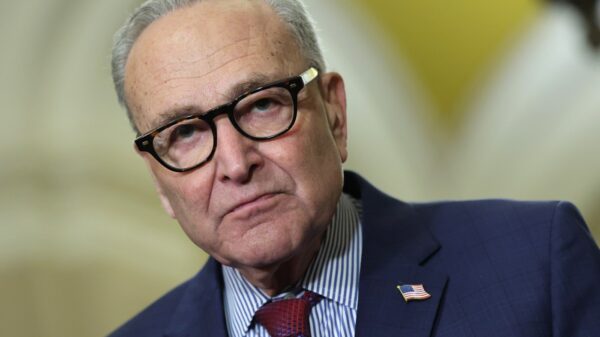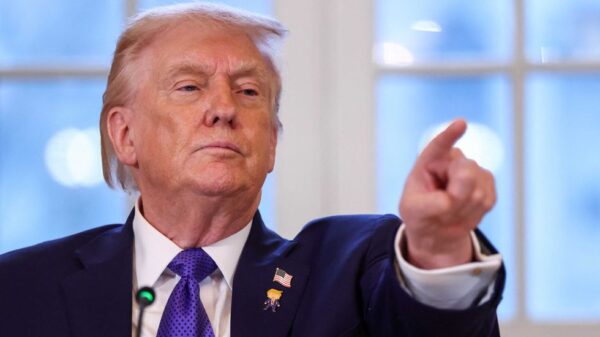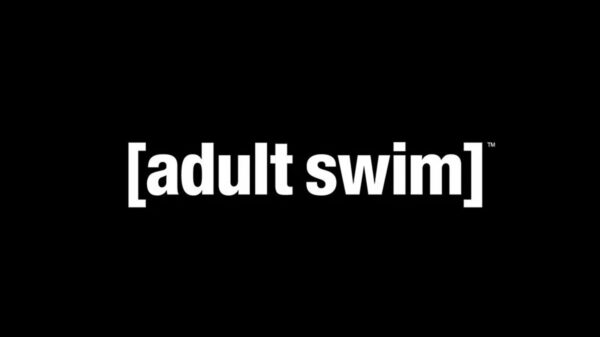A recent decision by a US appeals court has halted the implementation of a rule intended to simplify the cancellation of subscriptions and memberships. On March 12, 2024, the court blocked the Federal Trade Commission’s (FTC) so-called “click-to-cancel” rule, which sought to make it as easy for consumers to terminate their memberships as it is to sign up for them. This ruling affects various sectors, including gym memberships, digital streaming services, and cable television.
The FTC, under the leadership of former Chair Lina Khan during the Biden administration, introduced the rule to address significant consumer concerns. Among these were issues related to sellers misrepresenting services, complicating the cancellation process, and billing customers without their explicit consent, particularly after free trial periods. The rule was scheduled to take effect shortly, but the court’s decision has delayed it indefinitely.
The court’s ruling stemmed from the FTC’s failure to conduct a thorough preliminary analysis of the rule’s costs and benefits, which it deemed necessary given the potential impact on businesses. The US Chamber of Commerce had previously expressed strong opposition to the proposal, arguing that it represented an overreach by the FTC aimed at micromanaging business operations.
In a statement, the Chamber criticized the rule as a “power grab,” reflecting broader concerns among business groups regarding regulatory overreach. The FTC had already postponed the rule’s enforcement during the presidency of Donald Trump, which critics argue contributed to the current legal outcome.
Advocacy organizations have voiced their disappointment with the court’s decision. The American Economic Liberties Project has attributed the ruling to delays by the Trump administration and has urged the FTC to revisit and reissue the click-to-cancel rule. Executive Director Nidhi Hegde remarked, “The Chamber of Commerce sued to kill the FTC’s massively popular Click-to-Cancel Rule — and Chair Andrew Ferguson, who voted against the rule, delayed its enforcement long enough for big corporate lobbyists to win in court.”
Consumers have long expressed frustration over complicated cancellation processes, often feeling trapped by subscriptions they do not want or cannot afford. The proposed rule aimed to empower consumers by increasing transparency and ease of cancellation, addressing a widespread issue in today’s subscription-driven economy.
As the situation develops, the FTC has opted not to comment on the court’s decision or its next steps. The ruling underscores the ongoing tension between consumer protection measures and business interests in the fast-evolving landscape of subscription services.





































































